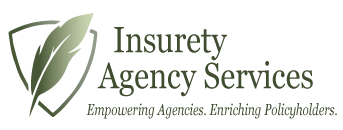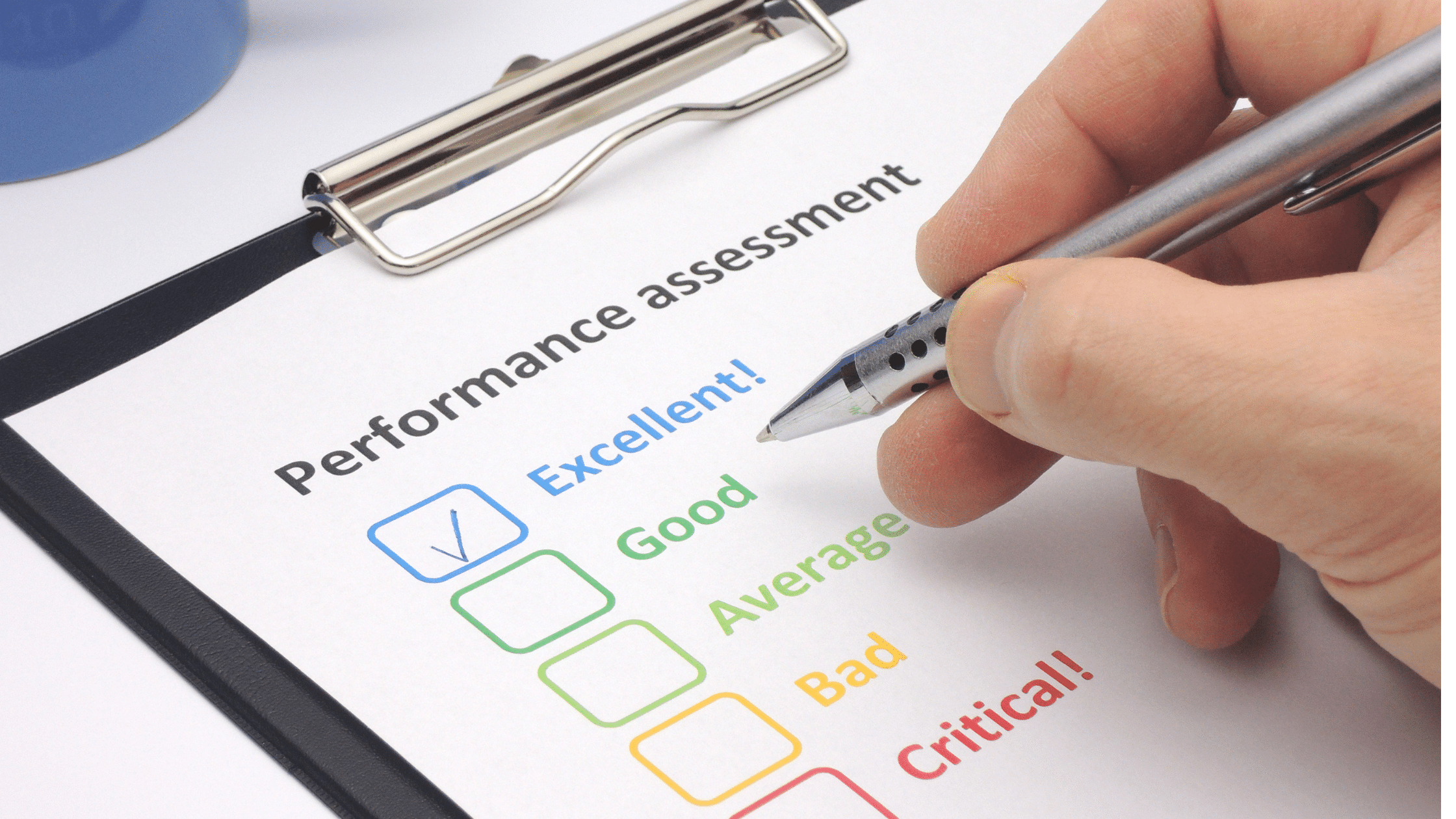In the rapidly evolving landscape of healthcare, Health Risk Assessments (HRAs) have emerged as a pivotal tool in fostering a deeper understanding of individual health risks and crafting personalized care plans. Both policyholders and agencies stand to gain significantly from the strategic implementation of HRAs. This blog delves into how HRAs serve as a cornerstone in personalized healthcare, driving better patient outcomes, and supporting agencies in delivering customized services to clients.
The Essence of HRAs
Health Risk Assessments are comprehensive evaluations designed to identify risk factors and current health status based on a variety of metrics, including lifestyle, family history, and environmental factors. By gathering a holistic view of an individual’s health, HRAs pave the way for personalized care plans that address specific needs and risks.
Benefits for Policyholders: Personalized Care and Improved Outcomes
1. Tailored Health Strategies: HRAs provide insights that enable healthcare providers to design tailored care strategies. This personalized approach ensures that interventions are more effective, addressing the root causes of health issues rather than just managing symptoms.
2. Proactive Health Management: By identifying risk factors early, HRAs empower policyholders to take proactive steps toward managing their health. This can range from lifestyle changes to preventative treatments, effectively reducing the likelihood of serious health conditions developing in the future.
3. Enhanced Engagement: HRAs encourage active participation in one’s health journey. Armed with knowledge about their health risks, individuals are more likely to engage in their care plans and make informed decisions about their health, leading to better outcomes.
Benefits for Agencies: Tailored Services and Enhanced Client Satisfaction
1. Data-Driven Insights: Agencies utilize the data collected from HRAs to gain a deeper understanding of their clientele’s health needs. This enables them to offer policies that are more closely aligned with individual requirements, enhancing the overall quality of coverage.
2. Strategic Resource Allocation: Insights from HRAs help agencies in allocating resources more effectively. By identifying common risk factors among their client base, they can develop specialized programs and policy reviews, optimizing their product offerings and operational efficiency.
3. Competitive Advantage: customizing plan fit based on HRAs sets agencies apart in a competitive market. Clients are more likely to choose agents that demonstrate a commitment to tailored policies that fit their long-term health management.
4. Improved Patient Outcomes: Ultimately, the implementation of HRAs by agencies contributes to better patient outcomes. Personalized care plans are more likely to be successful, resulting in higher client satisfaction and loyalty. This not only benefits the individuals receiving care but also strengthens the agency’s reputation and market position.
Health Risk Assessments stand at the forefront of personalized healthcare, offering benefits that extend well beyond the immediate identification of health risks. For policyholders, HRAs are the key to unlocking personalized care plans that cater to their specific needs, leading to improved health outcomes. For agencies, the insights derived from HRAs enable the delivery of tailored services, enhancing efficiency, client satisfaction, and competitive edge. As healthcare continues to move towards a more personalized model, the role of HRAs in shaping the future of care is undoubtedly significant.

